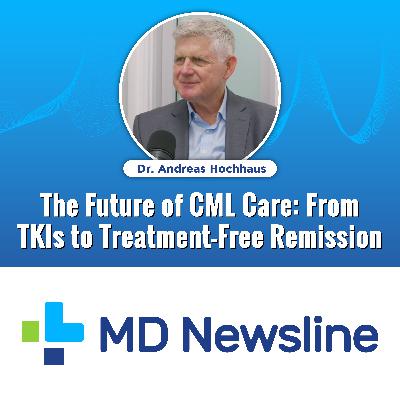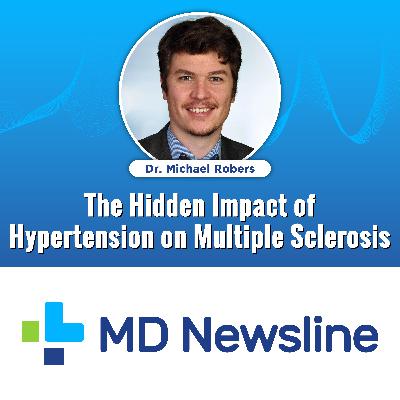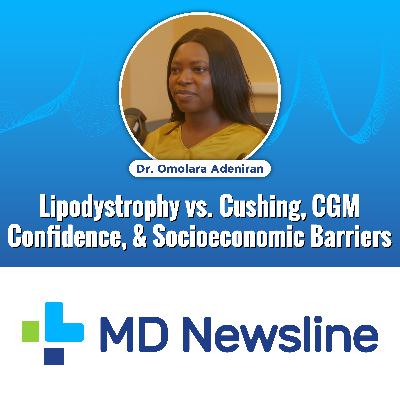How Hypoglycemia & Incidental Scans Reveal Hidden Endocrine Tumors
Description
In this episode of MD Newsline, Dr. Kamrun Naher, an endocrinologist based in Brooklyn, shares two compelling case studies that highlight how seemingly psychiatric symptoms and subtle complaints can conceal serious endocrine disorders. She recounts a rare case where suicidal behavior and insomnia led to the discovery of a neuroendocrine tumor in the pancreas, as well as a cluster of unexpected diagnoses of pheochromocytoma—a rare tumor of the adrenal glands.
Dr. Naher underscores the need for multidisciplinary collaboration, greater awareness among providers, and earlier patient education to prevent delayed diagnoses and potentially life-threatening complications.
Episode Highlights:
Unmasking a Neuroendocrine Tumor
A patient initially treated for psychiatric symptoms—including depression and insomnia—was ultimately found to have hypoglycemia-induced neuroendocrine tumor in the pancreas. Dr. Naher explains how a cascade of symptoms and an incidental CT scan led to a life-changing diagnosis and surgical treatment.
Mental Health vs. Medical Misdiagnosis
This case prompts a broader discussion on the importance of not attributing all behavioral health crises to psychiatric origins. Symptoms like insomnia and depression may sometimes be manifestations of metabolic or endocrine issues such as insulin-producing tumors.
Pheochromocytoma in the Real World
Dr. Naher reflects on a series of pheochromocytoma cases she diagnosed within one month—despite never seeing any during her fellowship. The episodic symptoms—palpitations, sweating, and chest pain—were often dismissed as normal or unrelated. These cases show how pattern recognition and detailed patient questioning can make a diagnostic difference.
Preventing Missed Diagnoses Through Simple Questions
Dr. Naher advocates for providers to ask patients: "What feels unusual or not normal to you?" This one question, she argues, could bring hidden symptoms to light and lead to earlier detection of rare but serious conditions.
Data Collection and Global Awareness
She also shares her vision for creating a global hub for rare case data, aiming to gather insight from providers worldwide to better identify trends, recognize genetic syndromes like MEN1, and promote broader awareness.
Key Takeaway
Not every psychiatric symptom is psychiatric in origin. Early intervention, cross-disciplinary collaboration, and asking the right questions can uncover life-threatening endocrine disorders—and change the course of care.
Resources & Links
Website: MD Newsline
Newsletter: Subscribe Here
Connect with Dr. Kamrun Naher: Here
























